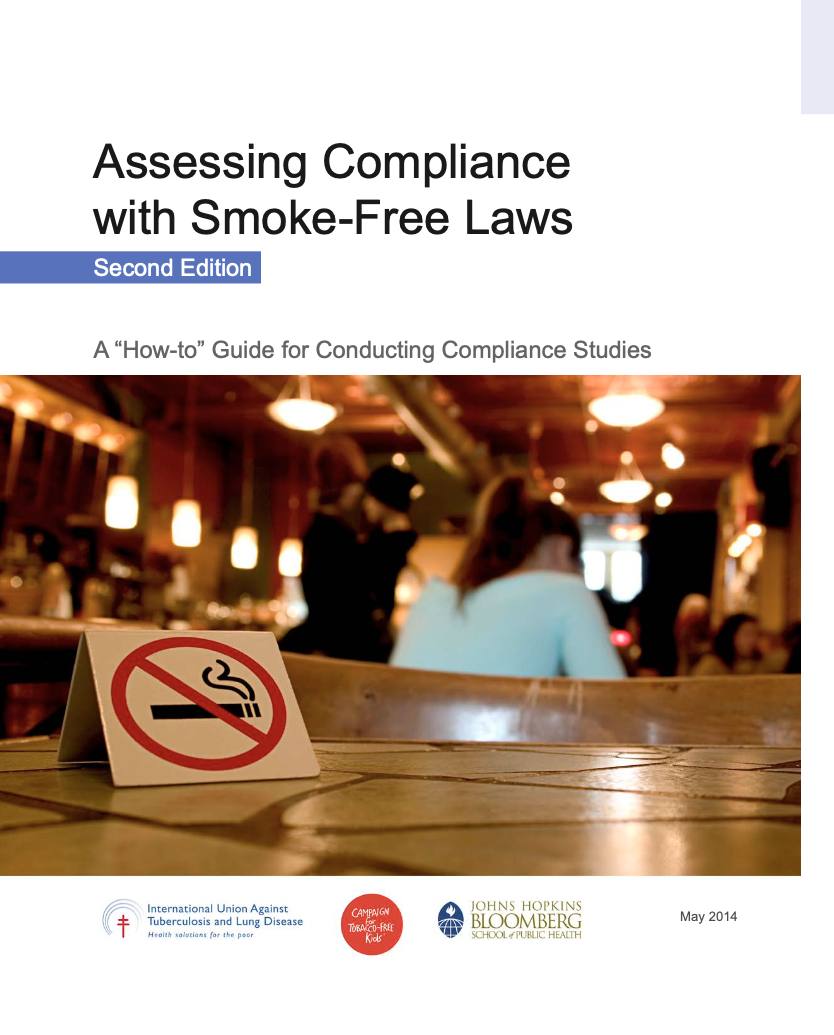This guide promotes best practice for conducting studies of compliance with smoke-free laws, including the rationale for doing or not doing a study, the knowledge and resources needed, and how to design the study and effectively disseminate the results. For those with research training and experience, the guide will provide useful insights into the particular issues involved in researching compliance with smoke-free laws. For those with less experience or training in research, the guide provides detailed guidance to help design a study that effectively and reliably assesses compliance.
Recommendations in the guide are based on experience from other jurisdictions and on best practice when available. However, the approach will need to be adapted to factors specific to each context, and should be done in consultation with people who are knowledgeable about the jurisdiction and the smoke-free law under review, and who have research experience and/or training.
Recent Abstracts
Foundations & Futures: Reimagining Public Health in the Artificial Intelligence Era
Strengthening Health Systems to Address Air Pollution in Ethiopia
Policy Brief: Childhood Blood Lead Surveillance in Indonesia – Findings and Policy Recommendations
Impact of Blue Lanes on Road Safety: Crashes, Speed and Motorcyclists’ Perceptions in…
Impacto da Faixa Azul na Segurança Viária: Sinistros, velocidade e percepções de motociclistas…
Culture is Medicine- a Model of Indigenous Harm Reduction in Practice
Trouble Brewing – The Case for Alcohol Policy (Second Edition)
Lessons from Vietnam’s Campaign for a Tax on Sugar-Sweetened Beverages
Principles of Alcohol Taxation
Clean Air in Jakarta: Gaps and Possibilities Toward Low Emission Practices
